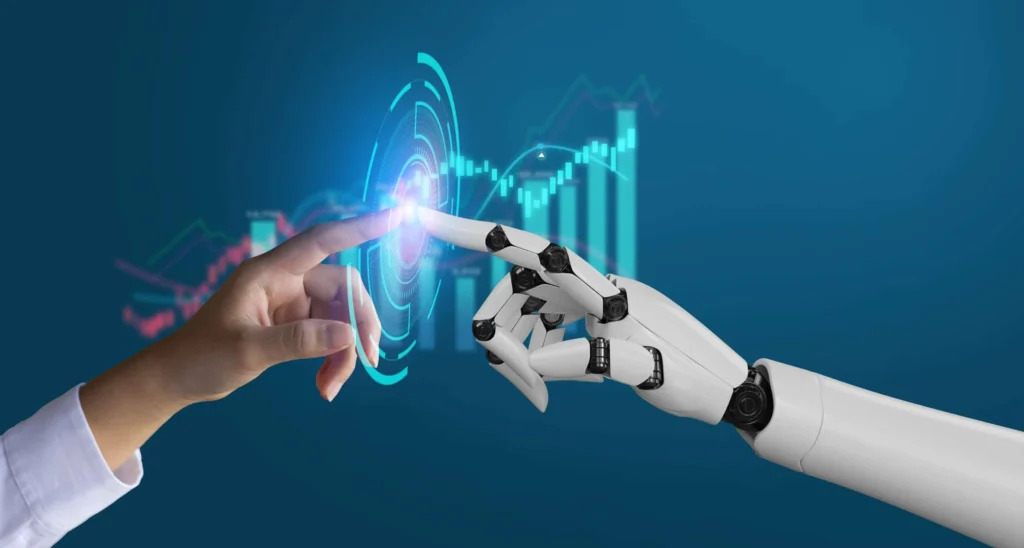Artificial intelligence (AI) researchers across Africa are stepping forward to demand a more ethical, inclusive, and locally adapted approach to AI development. As advanced technologies continue to transform industries worldwide, experts on the continent argue that African societies cannot remain passive consumers of imported algorithms and data models. Instead, they are calling for the creation of machine learning systems that reflect the continent’s cultural diversity, address unique social challenges, and promote long-term digital sovereignty.
From Nairobi to Lagos and Cape Town to Accra, AI practitioners are raising concerns about bias in datasets, language exclusion, and the lack of African representation in the global AI ecosystem. They emphasize that algorithms developed in foreign contexts often fail to deliver equitable results when deployed in Africa, where socioeconomic realities, infrastructure limitations, and linguistic diversity demand unique solutions.
Bias and Exclusion Pose Risks in Imported AI Systems
One major issue African researchers highlight is algorithmic bias—when AI systems trained on datasets from Europe or North America produce inaccurate or unfair outcomes in African contexts. These biases are especially problematic in facial recognition software, predictive policing, healthcare diagnostics, and natural language processing.
For instance, language models often overlook the hundreds of African languages spoken across the continent, rendering AI tools less effective or even unusable in local communities. “When machine learning systems can’t recognize your language or facial features, they automatically marginalize your existence,” said Dr. Aisha Boubacar, an AI ethics researcher based in Senegal.
This lack of inclusivity not only widens the digital divide but also reinforces global technological inequalities, where African users are at the mercy of systems built with foreign priorities in mind.

Local Solutions for Local Problems
In response, African innovators are building their own datasets, developing open-source tools, and creating AI applications designed specifically for the continent’s realities. Startups and research centers are applying AI to solve local problems—like predicting crop failures, detecting diseases in under-resourced medical systems, and translating health information into indigenous languages.
Institutions such as the African Institute for Mathematical Sciences (AIMS), Data Science Nigeria, and the Deep Learning Indaba network are nurturing local talent while promoting ethical frameworks tailored to African values. These organizations emphasize the importance of community participation, transparency, and accountability in building trustworthy AI.
The Call for African AI Ethics Frameworks
In addition to technological advancement, African researchers are pushing for a continent-wide ethical framework for AI development. Such a framework would outline principles around data privacy, consent, fairness, and inclusivity—values that are critical to building trust in AI systems.
Dr. Tunde Ajayi, a Nigerian computer scientist, argued that “Africa must not just follow global standards but define its own ethical principles based on our social fabric and communal values.” Experts advocate for regulatory bodies to support responsible innovation and prevent the misuse of AI in surveillance, disinformation, and labor exploitation.
Collaboration Over Colonialism
While international partnerships can provide resources and expertise, African scholars warn against “technological colonialism,” where foreign firms extract data from the continent without local oversight or benefit. They urge more equitable collaboration models where African researchers lead or co-lead projects and retain ownership of outcomes.
Furthermore, initiatives like the Lacuna Fund and Mozilla Africa Innovation Challenge are funding efforts to create inclusive AI training data, promote digital rights, and uplift local voices in AI governance.
Toward an Equitable AI Future
With Africa’s population projected to double by 2050, and with a growing number of youth entering tech, the continent has a critical opportunity to shape its digital destiny. African AI researchers are not just participating in the global conversation—they are actively reshaping it.
Their message is clear: the future of artificial intelligence must be fair, transparent, and deeply rooted in the realities of the communities it aims to serve. Through ethical practices, inclusive data, and homegrown innovation, African AI can become a powerful force for sustainable development.







